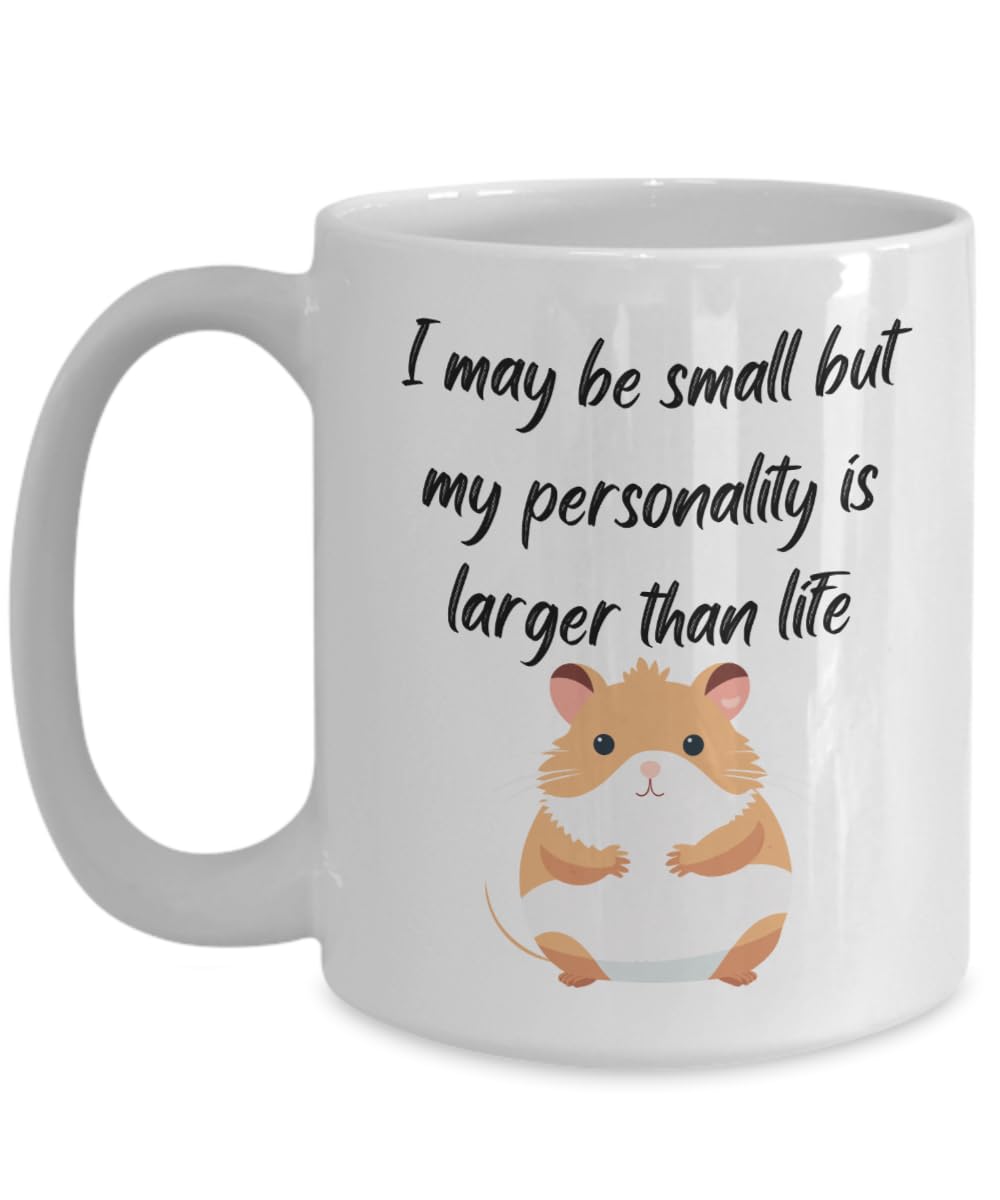Selecting a Hamster by Personality
When considering the adoption of a hamster, understanding their personalities can significantly enhance your pet ownership experience. Hamsters are much more than just cute little creatures; they exhibit a range of behaviors and preferences that can largely affect your interaction with them. This guide will delve into the different hamsters’ personality types and provide practical tips for selecting one that best suits your lifestyle.
Understanding Hamster Personalities
Hamsters, particularly the most common types—Syrian, Roborovski, Campbell’s dwarf, and Winter White dwarf—each have unique personality traits. Syrian hamsters, known for their docile and friendly demeanor, are often more suitable for first-time pet owners. On the other hand, dwarf hamsters can exhibit more playful and energetic personalities. It’s essential to understand these personality differences to find a match for your temperament and expectations as a pet owner.
Syrian Hamsters: The Social Butterflies
Syrian hamsters are typically social, especially when they are in a calm environment. You may find that they enjoy interacting with you during playtime and appreciate gentle handling. A significant characteristic of Syrian hamsters is their tendency to like their own space; they can be solitary by nature and often need their cages to be at least 2 square feet. Instead of relying on their peace of mind to entertain themselves, you can engage with them through various stimulating toys. Image 1 depicts a classic Syrian hamster, showcasing its friendly demeanor.

Dwarf Hamsters: The Active Adventurers
Dwarf hamsters are enthusiastic creatures and are usually more energetic than their Syrian counterparts. Varieties like the Roborovski are known to be particularly speedy, making them fun to watch but at times challenging to handle. Their tiny size and agility mean they can get into trouble quickly, so be prepared to provide a secure environment for them. Understanding their excitable nature is crucial as they often enjoy exploring their cages and surroundings. Consider incorporating tunnels and exercise wheels into their habitat to keep them mentally stimulated.
Choosing the Right Hamster: Key Personality Traits
When selecting a hamster, you should look for specific personality traits that will suit your lifestyle. Interactions before purchasing are vital as they can help you gauge the hamster’s character. Here are key traits to consider:
Curiosity vs. Caution
Some hamsters are more curious and willing to explore their environment. You might observe a hamster that is open to interaction scurrying towards you or investigating new objects. In contrast, a cautious hamster may retreat into its hiding spots when approached. If you are looking for a pet that engages with you, opt for a curious counterpart. Look for a hamster that appears alert and interested in the activities happening around them, as this is usually a good indicator of social potential.
Gentleness
Gentleness refers to a hamster’s response to touch and handling. Choose a hamster that is relaxed during human contact, avoiding ones that show signs of stress, like jerking or aggressive nipping. You can gently pick them up at the pet store to assess their response to handling. A calm and gentle hamster will typically allow some handling and will be less likely to show defensive behavior.
Understanding Your Hamster’s Needs
To ensure a nurturing environment for your hamster, it’s crucial to understand their specific needs based on their personality. Seeking a pet whose temperament aligns with your lifestyle can lead to a rewarding companionship.
Social Activities and Interaction
Some hamsters thrive on social interaction and require more playtime outside their cages. For those types, extended handling sessions with breaks can build confidence. Syrian hamsters, in particular, enjoy playtime; consider tools like tunnels or obstacle courses. Meanwhile, dwarf varieties might prefer interaction through the formations of environments for exploration. Observing your hamster’s engagement will inform you about their preferred interaction levels.
Creating a Comfortable Habitat
Designing a comfortable habitat specific to your hamster’s character traits is essential for their well-being. For instance, providing multiple hiding spots can make cautious hamsters feel secure, while adventurous hamsters may accommodate toys to stimulate exploratory behaviors. Use items like chew toys, exercise wheels, and tunnels to inspire activity and reduce boredom.
Conclusion
Making the right choice in selecting a hamster involves understanding their diverse personalities, so you and your new pet can enjoy a harmonious relationship. Those who invest time in getting to know their potential companions often find that the right hamster enriches their home and lifestyle. Be mindful of the traits described above, as they play an essential role in ensuring you select a hamster that suits your personal preferences.
FAQ
1. What should I consider when selecting a hamster’s breed?
Considering a hamster breed is crucial because different breeds have unique needs and personality traits. Syrian hamsters, for example, are ideal for owners wanting a friendly, docile pet, while Roborovski or dwarf hamsters are energetic but require more experience in handling.
2. How can I socialize my hamster?
To socialize your hamster, it’s essential to spend quality time with them consistently. Start with gentle handling and progress to longer play sessions. You may offer treats to build trust and encourage interaction.
3. How do I recognize if my hamster is stressed?
Signs of stress in hamsters include excessive biting of their cage bars, shrieking, or hiding. If your hamster exhibits these behaviors, observe their environment and habits closely to identify potential stressors and adjust accordingly.
4. Is it okay to adopt multiple hamsters?
This depends on the breed. Syrian hamsters are solitary and should be housed individually, while dwarf hamsters can sometimes coexist. Ensure any pairs are introduced gradually and monitored for compatibility.
5. Can personality change in hamsters over time?
Indeed, a hamster’s personality can evolve based on its environment, experiences, and interactions. Continued positive handling will typically encourage a more sociable demeanor, but underlying temperament traits may remain constant.
